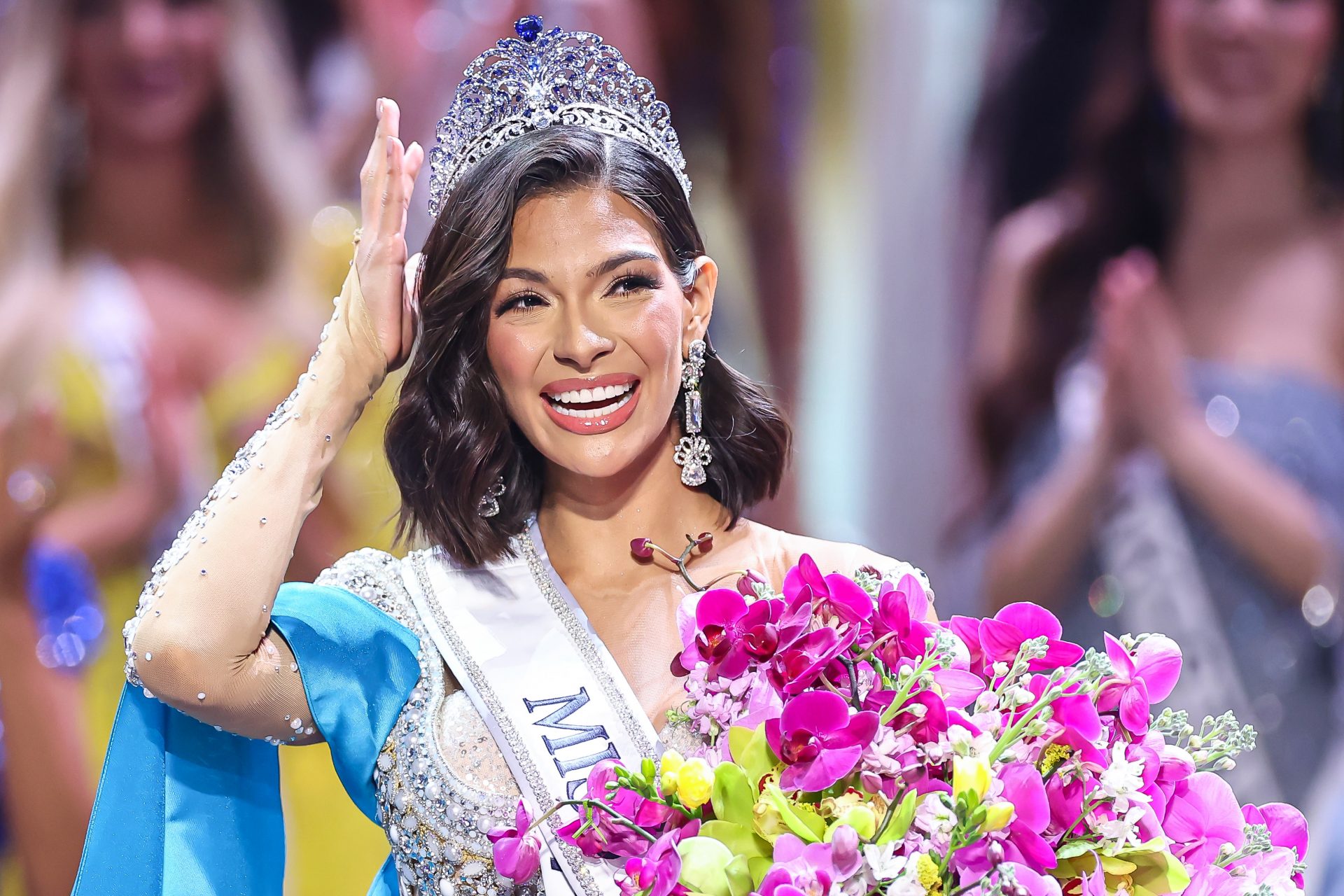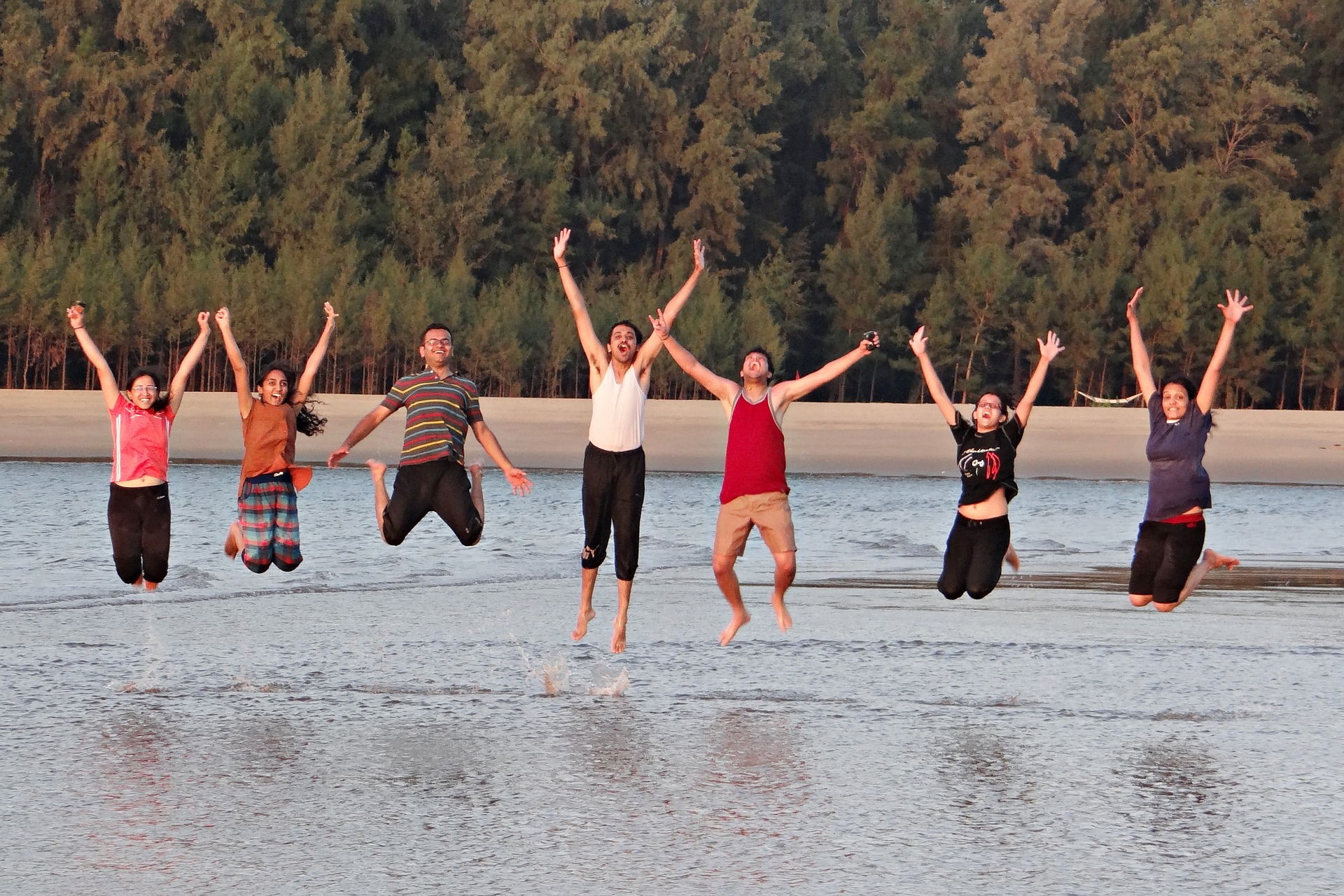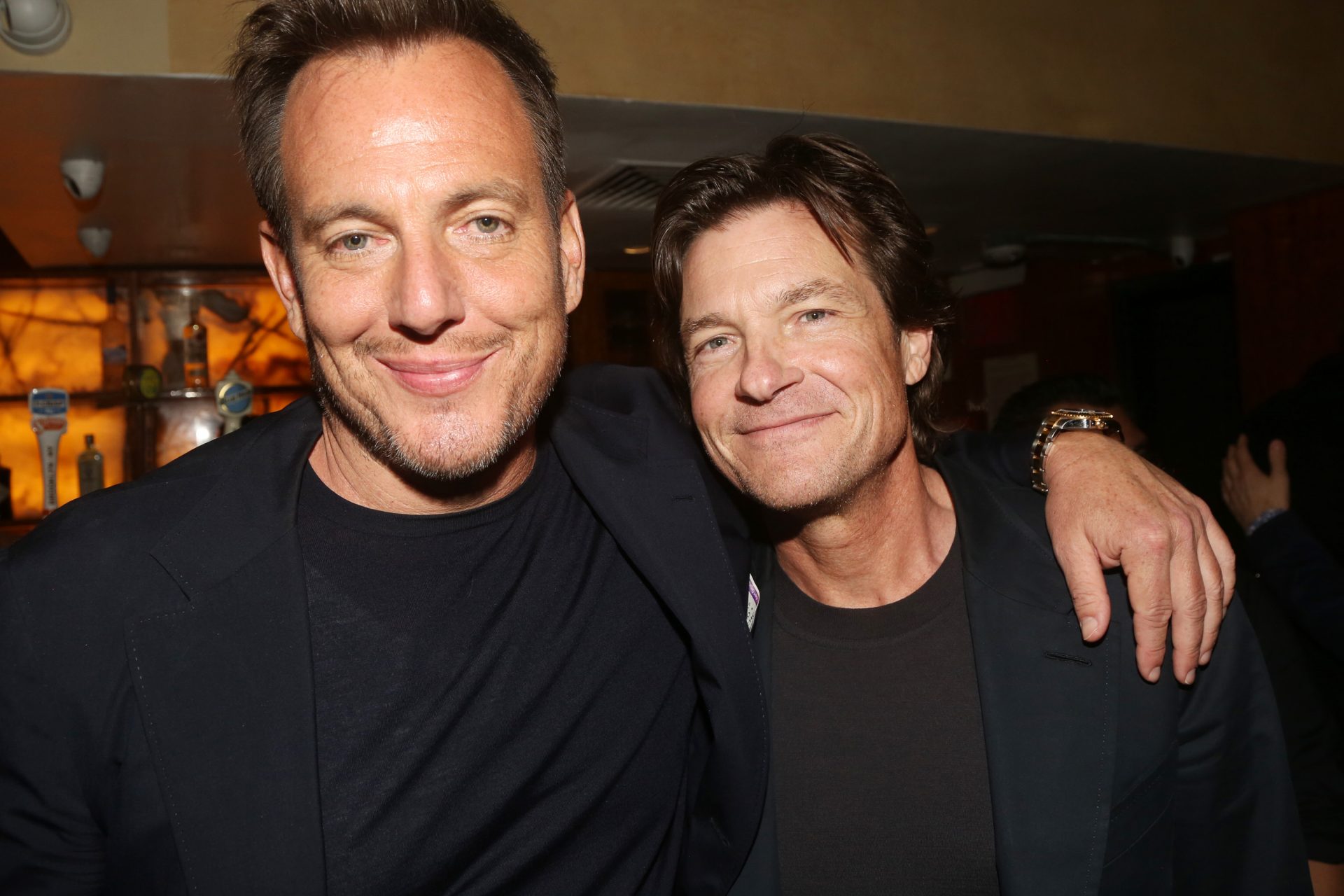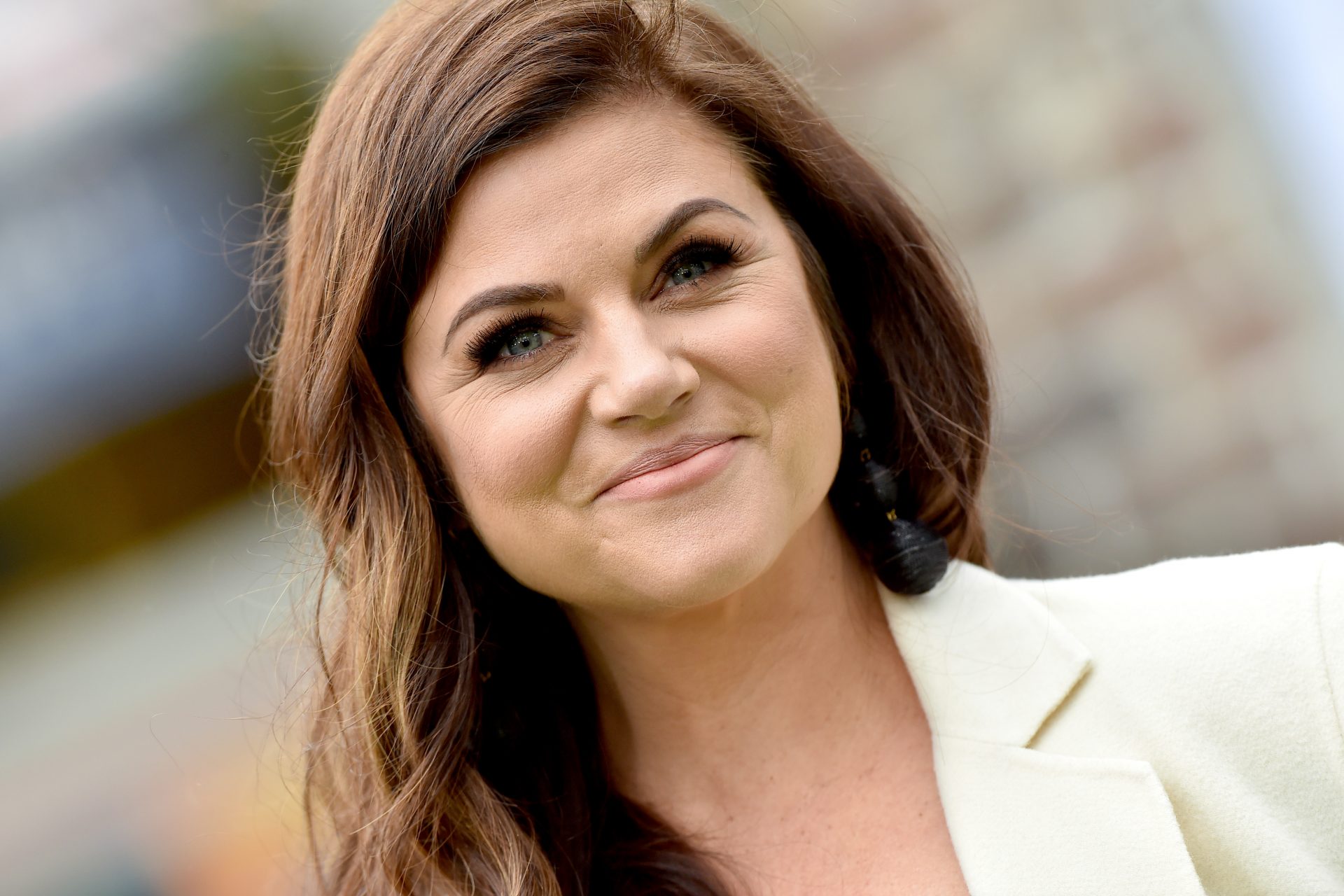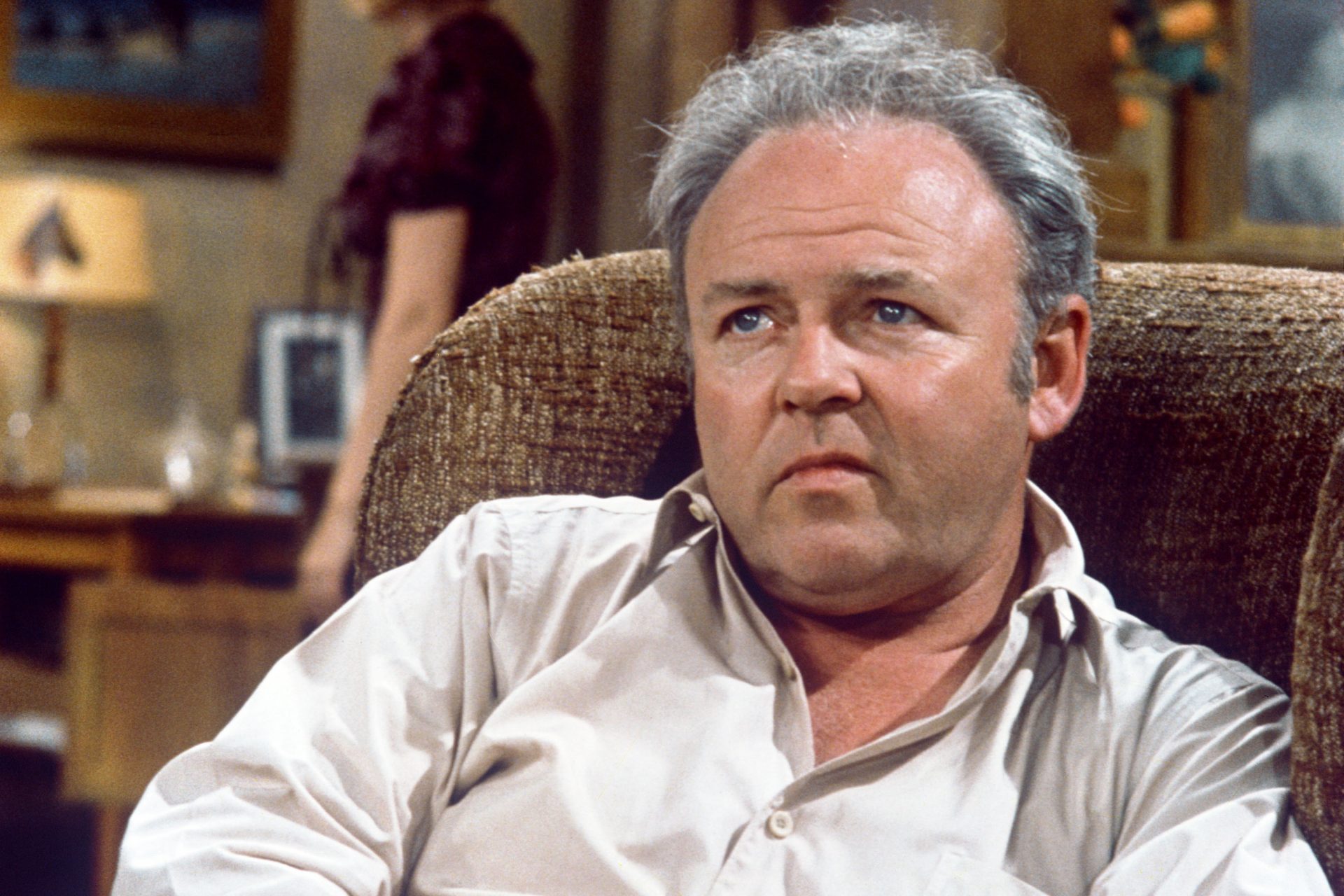Remembering one of Hong Kong's greatest stars: Leslie Cheung
Leslie Cheung was a famous singer and actor from Hong Kong. His talent and charm won over the hearts of many who still remember him and his legacy today. Let us look back at his life and work prior to his tragic passing.
Leslie Cheung, born Cheung Kwok-Wing on September 12, 1956, in Hong Kong, grew up in what he described as an unhappy childhood, according to Out.
(Image: In-Gear Films)
When he was 12, he enrolled in a boarding school near Norwich, England, but was forced to return to Hong Kong when his father suffered a stroke and became paralyzed.
(Image: In-Gear Films)
Leslie Cheung discovered his passion for music in the UK and continued the pursuit while back in Hong Kong. Did you know that he started off as a singer after his participation in Redistribution Television’s Asian Singing Contest?
(Image: Golden Harvest)
Leslie Cheung’s venture into the entertainment industry did not have a good start in the 1970s. His first three albums under Polydor Records had a terrible reception, and he was even booed off stage in 1977 at the Hong Kong Pop Folk Music Festival.
(Image: Golden Harvest)
It was only later that Leslie Cheung's singing career took off in the 1980s when he sang a cover of Momoe Yamaguchi’s ‘The Other Side of Goodbye’. The song became a top hit in Hong Kong and redeemed the singer’s stained singing reputation from the 70s.
(Image: Golden Harvest)
Then, Leslie Cheung was signed to Capital Artists, a recording company with strong links to entertainment powerhouse TVB – leading to his subsequent stardom and rise in prominence in TVB’s works.
(Image: Mandarin Films)
Other than singing, Leslie Cheung made his acting debut in the 1978 film ‘Erotic Dream of the Red Chamber’. Despite the rocky start in the acting scene, as his first film was a softcore pornographic production, things took a turn for Leslie Cheung soon after, especially with signing on to the TVB-linked company, Capital Artists.
(Image: Golden Harvest)
Leslie Cheung's first major role was in the 1982 film "Nomad," where he played the rebellious youngster Louis. His performance garnered praise, and he quickly became a sought-after actor, especially for roles where he had to play the persona of a rebel.
(Image: Century Motion Picture)
Leslie Cheung gained international recognition in 1986 when he co-starred in John Woo's 'A Better Tomorrow' with A-lister Chow Yun-fat. The film was a huge success and established a new standard in Hong Kong cinema – making Leslie Cheung part of the trailblazing movement with John Woo’s international popularity from the film.
(Image: Fortune Star Media)
Leslie Cheung, like Tony Leung Chiu-wai, rose to prominence in Hong Kong cinema at the time. Did you know that, aside from John Woo, Leslie Cheung has collaborated with the most important auteurs in Hong Kong cinema history?
(Image: Golden Harvest)
To name a few, Leslie Cheung has collaborated with Chen Kaige, Stanley Kwan, Tsui Hark, and Wong Kar-wai.
With his performance as openly gay characters in Chen Kaige’s 1993 film ‘Farewell My Concubine’ and Wong Kar-Wai's 1997 film ‘Happy Together’, Leslie Cheung became a cultural icon for the LGBTQ community in not only Hong Kong but also in Asia.
(Image: Miramax Films)
From Time, this came alongside his public declaration five years prior, where he declared himself to be bisexual in a 1992 interview with ‘Me’. It was only with ‘Farewell My Concubine’ and ‘Happy Together’ that Leslie Cheung’s queerness became visible in the public eye.
(Image: Golden Harvest)
Despite already having a reputation as a prominent spokesperson for LGBTQ+ rights and representation, Leslie Cheung’s openness was not well-received by many.
(Image Golden Princess Amusement)
His 2001 music video for ‘Bewildered’ was met with a largely unfavourable response in the public for focusing on the theme of love between two men. ‘Bewildered’ was banned from airing on Hong Kong media by TVB.
(Image: Golden Harvest)
When it was reported that Leslie Cheung had taken his life on April 1, 2003, many were in shock due to the timing of the report. Many did not believe the news and even took it as a distasteful prank on the part of the press to report the death of such a big icon in Hong Kong on April Fool's Day.
(Image: Golden Princess Amusement)
It was only with continued follow-ups from the media and a public announcement by family and friends that people gradually started to realize that the announcement was not a joke.
(Image: Golden Harvest)
Hong Kong University Press noted that Leslie Cheung’s then-attending psychiatrist Professor Felice Lieh-Mak, revealed that the late-singer had been diagnosed with and was struggling with depression in the past year, and had attempted to take his life previously in 2002.
(Image: Golden Harvest)
The revelation of his mental state then was also corroborated by his niece, saddening fans that their beloved idol had been suffering mentally behind his jovial facade in his performances.
(Image: Mei Ah Entertainment)
His passing deeply affected his fans and the entertainment industry, leaving an irreplaceable void that still remains to be filled today.
(Image: Mandarin Films)
According to Fortune, Leslie Cheung remains a popular figure in Asian media after 20 years, as fans from all over the world have traveled to Hong Kong to commemorate and remember the singer.
Even after his death, Leslie Cheung's impact on Asian cinema and music will be felt forever in the memories of his devoted fans. His legacy is one to be celebrated and remembered fondly.
(Image: Mandarin Films)

























